Podcast Transcript
Jordan Hansen: Hello and welcome everybody to the Beyond Banks podcast. This is where we talk to leaders that are transforming small business funding across all of the nation with all different kinds of technologies. I'm your host Jordan Hansen, and today I would like to introduce the Oscar Jofre CEO and founder of Kore, who's building the invisible infrastructure that powers the entire private capital markets ecosystem.
In this episode, you'll discover how private companies now raise more capital than public ones. Why Oscar left his decade long career in public markets after meeting the father of the Jobs Act and how his company is solving the massive coordination problem that emerges when thousands of funding platforms need to work together seamlessly.
You'll also learn why moving money still takes six days in 2025, and how blockchain and AI are converging to create new financial rails. Let's dive in.
Hello and welcome everyone. Today I have with me Oscar Jofre. I'm really excited to learn more about what you have to tell us today. Oscar. Um, Oscar is the CEO and founder of the company called Kore. It's really unique and what it's doing and what it's building. But Oscar, just to start off, can you give us some background on Kore and yourself and kind of what led you to where you are now?
Oscar Jofre: Great. Well, thank you for having me today. I'm, I'm really enjoying this, so thank you, Jordan. So, my journey as an entrepreneur is I was working in the public markets, uh, for over a decade. And you know, when, when you've been given a taste of that, it looks like that that's somewhat the holy grail of capital raising and all that.
But, uh, underneath it all, you realize that. It really isn't. It's, it's a very small group. It only accounts for a very small part of the market, but it's the one that pays attention to it. And I was just very fortunate, as I say, at the right place at the right time, I met an individual that changed everything.
My path that I was on working for public markets all of a sudden. I met David Wheel iv. He is the former Vice chairman of nasdaq. He is the father of the Jobs Act and listening to a presentation about democratization. So if you're an entrepreneur, that's missing to your ears if you, if you know, depending how you expand it.
But as he was explaining it, this could transform capital raising for. Any stage of company. And as an entrepreneur, that was just music to my ears. And so my journey began very early, uh, with David. He has been an advisor and shareholder of my company now. So it's, uh, we created a very strong business relationship and to where this is going and what we ended up realizing when Kore was in its early days was we just wanted to really pay attention to what this really meant.
So it's sort of like, think of it this way, it's all your life. You've been told that you can only walk and that's all you ever did was walk. You've heard of running, but it was, you know, not something you were allowed to do. And all of a sudden one day someone says you can run and, and it sounds funny, but people, well, that should be simple.
Actually. It isn't because everybody will tackle it in different ways. You know, do you squirt? Do you jump to it or do you just go for it? And when the Jobs Act was finally introduced by and signed in by President Obama on April 5th, 2012, the reality hit in that this is now possible. It's coming. But even then, it was so early that everybody was just kind of running around trying to get on top of this to make money.
And there were thousands of players, but we ended up discovering during that journey that. Everybody was focused on what we call the investor facing. Everything was based on, oh, I'm gonna build a great platform where people can come and invest on med tech, uh, projects, real estate and all that. So it became all about these, you know, client facing, investor facing environment.
And that was important. The, don't get me wrong, this was extremely important. We needed a lot of these players, but we were paying attention to a much bigger problem that now that you have one. Okay, how about 10? How about a hundred? How about a. Thousand of them. So now we started discovering the problem that none of them could foresee themselves because they're so focused like a racehorse, just on their own.
And we ended up discovering that an infrastructure would be needed. And right from the early onset we set out to separate Kore from everything else that was going on, that it would be an infrastructure. Now try to understand that eight years ago, 10 years ago, telling people about it was so like, what are you talking about?
What? It. It became very difficult to raise capital because nobody would understand. And then two, it became even more difficult for the people even operating because they couldn't see the problem yet. 'cause they were just getting started. So you would go to them, how are you gonna manage a thousand investors?
How about 10,000? Yeah. I'm not even thinking about that right now. I, you know, we'll get to that point when we get to that point. Well, you can't get to that point without planning. So it became that journey. So what is Kore today? Kore is an infrastructure for the private capital markets and what the infrastructure does, and it does it in such a way that it handles all the transactions, the clearing and the settlement, and the distribution, and keeping everyone in the infrastructure.
Fully compliant with the SEC and finra. So everybody's transacting with a FINRA broker dealer or a FINRA registered funding platform, a lawyer, an auditor, an SEC transfer agent, a US bank payment rail. All of that is on our infrastructure and people are operating this completely white labels. So we're, we're not even seeing, that's the whole premise of being an infrastructure.
People take advantage of it. And a, a good example of this is when people think about publicly traded companies. Whenever that happens, people think, yeah, I just go to my app and I pick the stock and I make a purchase. What they don't realize is what's actually driving that. Some of them will say it's the internet, and the internet is simply a delivery vehicle.
That technology was there even before then, and what's driving that is a company called Broadridge and DTCC. Nothing moves in the public markets. Without them you don't see them because everything else is sitting on top of them.
Jordan Hansen: Yeah,
Oscar Jofre: and we needed to build that for the privates. And what's interesting about the privates though, is that our numbers are far greater.
So there are more private companies raising capital than there are publicly traded. And now it's not just about the number of companies, it's about the dollar amount. So last year, 4.45 trillion was raised by private companies just in the United States versus 2.1 trillion in the public markets. And that's three years in a row.
So there's been a shift. So all the attention is to here. So if you don't have an infrastructure, it's very difficult to bring this asset class into investors where providers need it in a funnel, fully compliant. So everybody else didn't really understand that coming, but it's finally here today. So I.
That's Kore.
Jordan Hansen: Interesting. So I'm gonna ask some questions here just to make sure I fully understand and to make sure our listeners fully understand. But kind of what you're saying is, you know, let's say I'm a startup and I wanna raise some investment. Obviously I'm not gonna go to the public market. I can't, my, my company's too small.
It's not, I'm not gonna do an IPO. So how I could do it. And if I have only a couple investors or someone, the investor only has a, you know, friends and family, they just write me a check. It comes to me, we put it somewhere on our cap table. Um, and that's how we track it. So what you're saying is that once that investor starts to get to a point where they're doing this with hundreds or thousands of different companies, that's when Kore comes into play.
And so it can track all those transfers and cap, is it do cap tables as well? Is that the idea?
Oscar Jofre: All of it. It's everything. Yeah. It's, it's providing the technology stack. So right now we're completely in the backend, but we are seen by the investor because we did build something in, in high demand. 'cause there's a friction point.
So Jordan is investing everywhere. He's acting like a venture capitalist. Now you're not putting a million bucks on every deal, but you're putting in five a thousand dollars, you know, $500, 1,010. But whatever it is, you're putting them all over the place. How do you manage that? Yeah. And, and, and not only that, how do you manage it?
How do you maintain that? So you provide the disclosures for all the other offerings, every single time you make that. So within our infrastructure, we sit on top of our permission based blockchain that's gone through the SEC to be qualified to be used, and we created what we call a passport for the investor.
This passport sits on top of our chain, which means that wherever the investor goes and sees this logo, just like a single sign-on almost. But enhanced that they have their portfolio and they can view their portfolio there. So they don't have to go, oh, I gotta go to Jordan's company to go and log. No, no, I can, wherever I see this logo, I log in, ah, there's my portfolio, and then I can make an investment.
All my information is passed on. So we're removing the friction there. So there are many friction points. There's the investor, there's the entity, and there's the intermediaries, the broker dealers, and everyone else. And what do they rely on? Data. And the data needs to be trusted. And so in order for the data to be trusted, you need a permission based infrastructure, and that's immutable and which is what we have.
So everybody can rely on the fact that when somebody vetted in Jordan on a KYC that. When you're moving around the ecosystem, they know, yes, that is really Jordan and somebody else is gonna validate you again. And it gets to a point where, you know, they, they're, the only thing we're checking for you is a ML anti-money launder, which is the only constant for the entity.
It's the same thing. You know, when you go to one party, they go, I want to do due diligence. And then, you know, that didn't work out. Now you go to another, oh, we need to do due diligence. You go, oh my God, again and again and again. So all of this is about information duplicating yourself, working with trusted parties.
So we call it the infrastructure of trust. So people work together and without completely decentralized, but in, in a way that they know that they're only parties that are adding the information and validating our regulated intermediaries. And why regulated intermediaries Because they have a higher threshold.
In order to fulfill these roles, and two, they can lose their license and can be fined. So if, if I'm going to commit a fraud, I mean, you need to get the lawyer involved, the auditor, the broker dealer. I mean, there's a lot of people involved to commit that kind of a fraud in our infrastructure in order to make it work.
And it's not possible because nobody's ever gonna risk their neck out, uh, for that, right? There's no dollar amount that you would ever do it for. So it's pretty exciting all the way around. And now, today it's even more important because with crypto is opening. Look, everything right now is about crypto.
There isn't anything on LinkedIn right now that isn't crypto related. You know, another bank is doing a stable coin. Another bank, uh, issuing, tokenized, you know, forti act, uh, mutual funds. So what does this mean? It means that we're starting to get ourselves accustomed to holding something digitally. And what we want are safeguards in order to make sure that when I make that investment, I'm gonna be protected.
And for that, you need an infrastructure. So the same way when you use that mobile app to buy a stock and you've got that stock in Apple, you didn't even. Question the app. You didn't question it because they were regulated and that regulated participant was required to make your bid and buy the stock for you, and you're a proud owner of one share of Apple.
Same thing in the privates, but now we're, it's in high demand and that demand is what is causing all the anxiety in the market right now.
Jordan Hansen: Yeah. Okay. That's awesome. So, I mean, really kind of from the outset, you could kind of look at it like, I, I don't be offended by this, but I'm gonna say Carta, and I feel like Carta is like the very tiny tip of the top of what you're doing of the iceberg.
Right? And you have way more depth. It's just doing so much more behind the scenes. Is that kind of close?
Oscar Jofre: Yeah. You know, I, I like Carta, but they're your competitor. No, they're not. I mean, Carta, they do much, it seems
Jordan Hansen: like someone's less than you, what you're doing. Yeah,
Oscar Jofre: it is. They're, they're, they're targeting a very specific audience.
Mm-hmm. And for those who are in that venture capital trail, congrats. You know, but you represent 1.5% of all the companies raising capital. I, I'm not suggesting it's not significant. It is, but I'm just saying that's only 1.5%. Yeah. Yeah. I mean, there is, there, there's a whole market out there and not every venture backed company is a unicorn.
There are other unicorns out there and they're emerging. Carta does what they do really well. You know, the cap table management, the 4 0 9 a, that, those are all necessary, but getting into the issuance side of the business, you change the dynamics and you know, they already attempted that with secondary market trading and they, after $300 million they have to, you know.
Withdraw themselves from the business. And when you're just a service provider is one thing. When you're moving into the regulated space, you have a duty beyond when the word, when I use the word trust, it's beyond anything that you know beyond a handshake. These parties need to know that you are their.
Provider and you're not there to do anything to harm them or to take away their business. We've earned that trust with our brokers, our secondary a TS, and and lawyers and auditors. They know where we stand. There's no regulation telling us to do that, but in order to bring everybody together, they have no trust with each other because everybody's building an island car is an island, pulley is an island, and they're just two.
That's a software island. And then there is the we under the start engine. That's the racing capital islands. So if you and I, we were in 1999 and then a young kid y at university, and his name is Bill Gates and he's convincing everybody, and this is really important for everybody to hear, he was convincing everybody that he had a better way in order to bring all the software tools that everybody has today.
So what was he competing against? He was competing at that time with Word perfect, the number one word processor in the world. All the law firms everywhere. He was competing against Lotus 1, 2, 3. He was competing against all these different tools. So what did he really do that was so different? So this is card and all that.
He brought them all together. He understood the behavior of a user was. I need word processing tied in with my Excel spreadsheet and be able to, and look at what happened. Word perfect became what? NADA loads. 1, 2, 3, nada, boom. Mm-hmm. So the world is bringing applications together. So that was one part to manage.
And then of course, to add the other layers of the regulated intermed, like the broker dealers who also tie into this. So. Which is what Microsoft has done wisely, right? If you look at the extension, Microsoft office is just one tool of their, their mega set. Well, of course it's the same. We have the applications that we provide completely white label, private label to the end users, the brokers, the issuer, and everyone else.
But underneath it all is just to make data move. All the way through in a trusted environment with trusted intermediaries. And, uh, that is the way that the market will help companies, early stage companies like yours. I mean, let's say you wanted to raise a million dollars before the jobs act. It was literally impossible.
If you didn't get venture capital, you better have some really good friends. And a lot, you know, so the Jobs Act did something really interesting. It's for the very first time in history, in history of the capital markets in the United States since 1934, so many, many, many decades, that you could actually say in a billboard, I'm raising capital for my private company, and you can put in a hundred dollars.
That was a game changer, right? And that's what you can legally do today. You can put up a billboard fully compliant with the SCC indicating you're raising capital and investors can invest a hundred dollars. How about $10? How about $5? The point is it's been democratized. So the regulators have opened it up and allowed companies to do these amazing things.
So we're gonna see different innovations. Different opportunity or forget about innovation or opportunity. How about your local dry cleaner? How about your people? What do you mean Your local dry cleaner? The one that you rely on it day in and day out. You walk by it every single day. You don't even realize it that the realtor that they're working with is squeezing them to update their system.
They need $200,000. $200,000. Mm-hmm. And now every one of their customers can pitch in to be an owner in the dry cleaning shop just because of the jobs act regulation. Yeah. That's pretty, I mean, it, it, it can go to that level all the way to, you know, multi-billion, but that one hits home. Right. You get it.
Jordan Hansen: Yeah.
Oscar Jofre: Right. Yeah. So already you've talked about amazing regulations and things that have changed the industry technology. Obviously you're bringing in blockchain in the next five years. Where do you see Kore going? With the technology and the regulation that's coming.
Jordan Hansen: So the regulations that are there and the changes that are occurring, what we're going to see is a massive convergence.
So what does that mean? So traditionally what we've seen today is when you walk into a bank and you have in a bank account, there's only certain things you can do. You can only, you know, get your savings credit, buy mutual funds, and get a credit card and all that. But very soon they're gonna give you the opportunity to buy private company, uh, shares.
So they want to be able to offer you the opportunity to buy into the never before crypto exchanges are going to be looking for, uh, uh, additional, um, securities to offer products into their clients. So real estate, uh, you know, collectibles, all of that for the very first time, everybody is now moving in that direction where they want this.
So this is gonna. Create one of those requirements that most software vendors, they're either going to adhere to or not. What does that mean? You need to add this into your technology stack. So if you're building RIA software, you're building software for registered investment advisors or IRA or you're building broker software, everything is forever changing.
So that's one major component. And the other part is it, it involves blockchain. Blockchain is part of it. Um, we're the first company that came with an interoperability to allow a public token, meaning avalanche, uh, Ethereum, Solano, ripple, whatever public chain you want to use it on, and hold your securities as a token on your wallet and be, and make it compliant with our Oracle.
So that's what we're doing today. It's in the next five years, what we're gonna see is ai. And a little bit of tidbit of quantum. Now, what quantum will do for our industry when it comes to what we're doing, people say, well, it'll make a processing of information faster. Our issue isn't about moving data faster.
Our issue today is moving money faster, which is what everybody's trying to solve, right? So the real game changer in the market in the next two, three years is money movement. An investor makes an investment in your company. You take it and you're getting a wire, and the bank says, yeah, we got it. It won't clear for another six days.
In what world does it take six days to clear? It's a wire transfer, right? It got taken outta my client's account. So they're using that money for, you know, for repo, you know, overnight. They're using that money. They're gonna make more money even though they charge us $50 or whatever. Both sides, right? You know the game.
So solving the money movement issue is the biggest game changer in everything we're working on. The minute you can move money faster, you can move it more efficiently, you can offer like dividends. Dividends is a perfect example of this. People think, well, of course I get dividends. Yes. But think about when you get them the, the most cost effective way the companies can provide it to you is quarterly.
Quarterly. You gotta wait three months. Three months. Okay, three months. Right? And yet they have the money. So you want, why, why don't they give it to us? Because the intermediaries and the money movement charge you so much that it, it's not cost effecti. So what could happen if I start giving you the money daily?
Oscar Jofre: See,
Jordan Hansen: yeah.
Oscar Jofre: So it, you need an infrastructure to support that mechanism and to be able to con how money moves. So we're gonna see stable coins. I mean, we're introducing a stable coin for ourselves internally to solve that problem. If the bank on the other said, oh, we already took the funds. And it's on its way.
We know you're gonna get your a hundred thousand dollars, right? You need it today to make payroll, whatever it is. Okay? There's your a hundred thousand and we'll charge a small little fee for it in order to, uh, to maintain it. But the point is, we don't need to be waiting there. We're gonna be bypassing some of these rails very, very soon.
That's what's exciting for the next five years, is that there is a whole financial infrastructure needed to support a new mechanism of moving. Money around and that, and so it, it so exciting. People think moving money is so simple, but it's not, it's the hardest thing of all in
Jordan Hansen: in this whole world. No, yeah, I get that.
Man, Oscar, this is awesome stuff. I'm really excited about what you are doing at Kore and I appreciate you taking the time to come over and tell me a little bit about what you're doing and you know, what you talk about in the future. Money movement, all of it. It's exciting stuff. I appreciate it.
Oscar Jofre: Ah, you're very welcome. Anytime, anytime.
Jordan Hansen: Thanks Oscar and have a great day.
Oscar Jofre: You too.





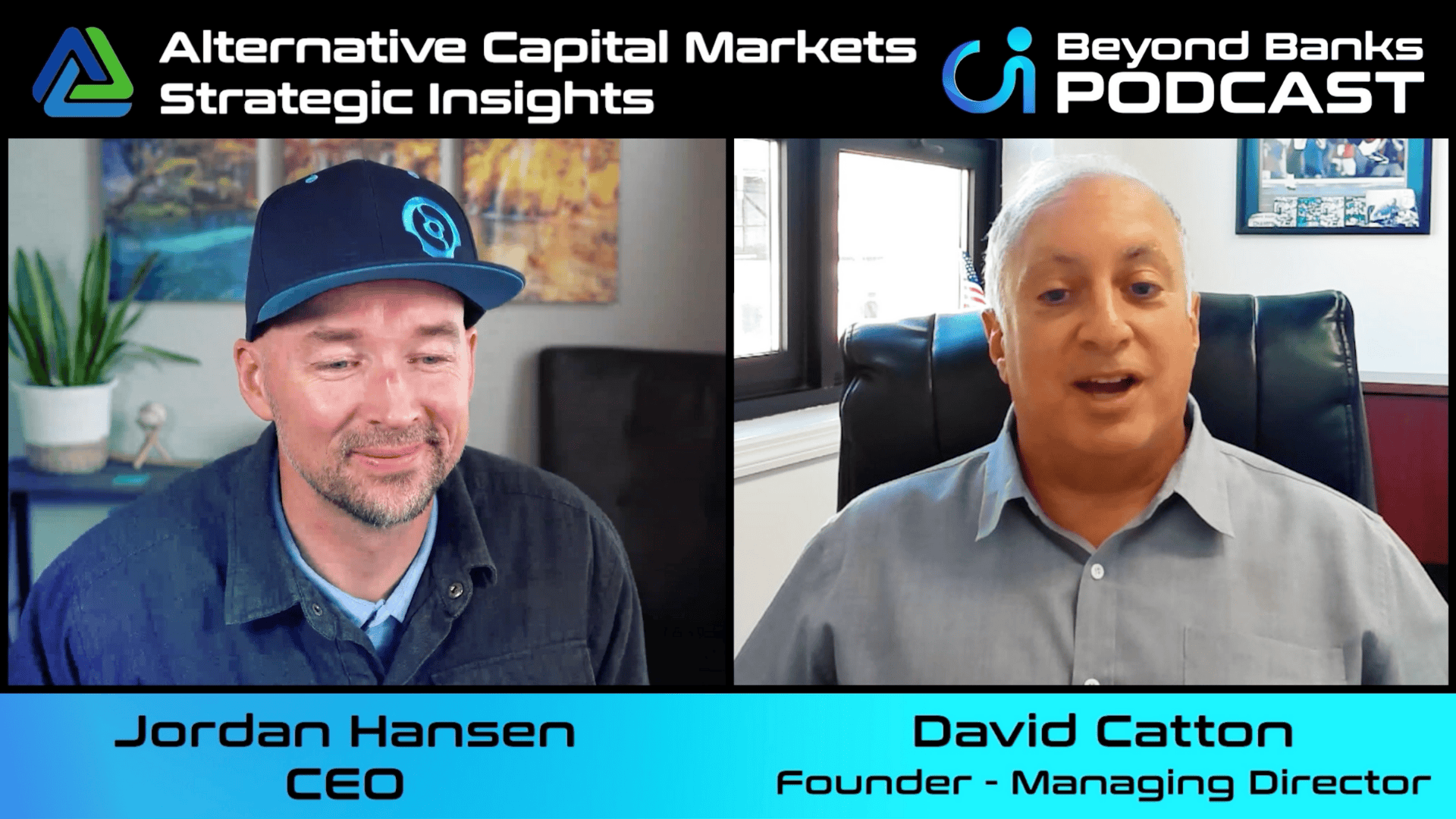
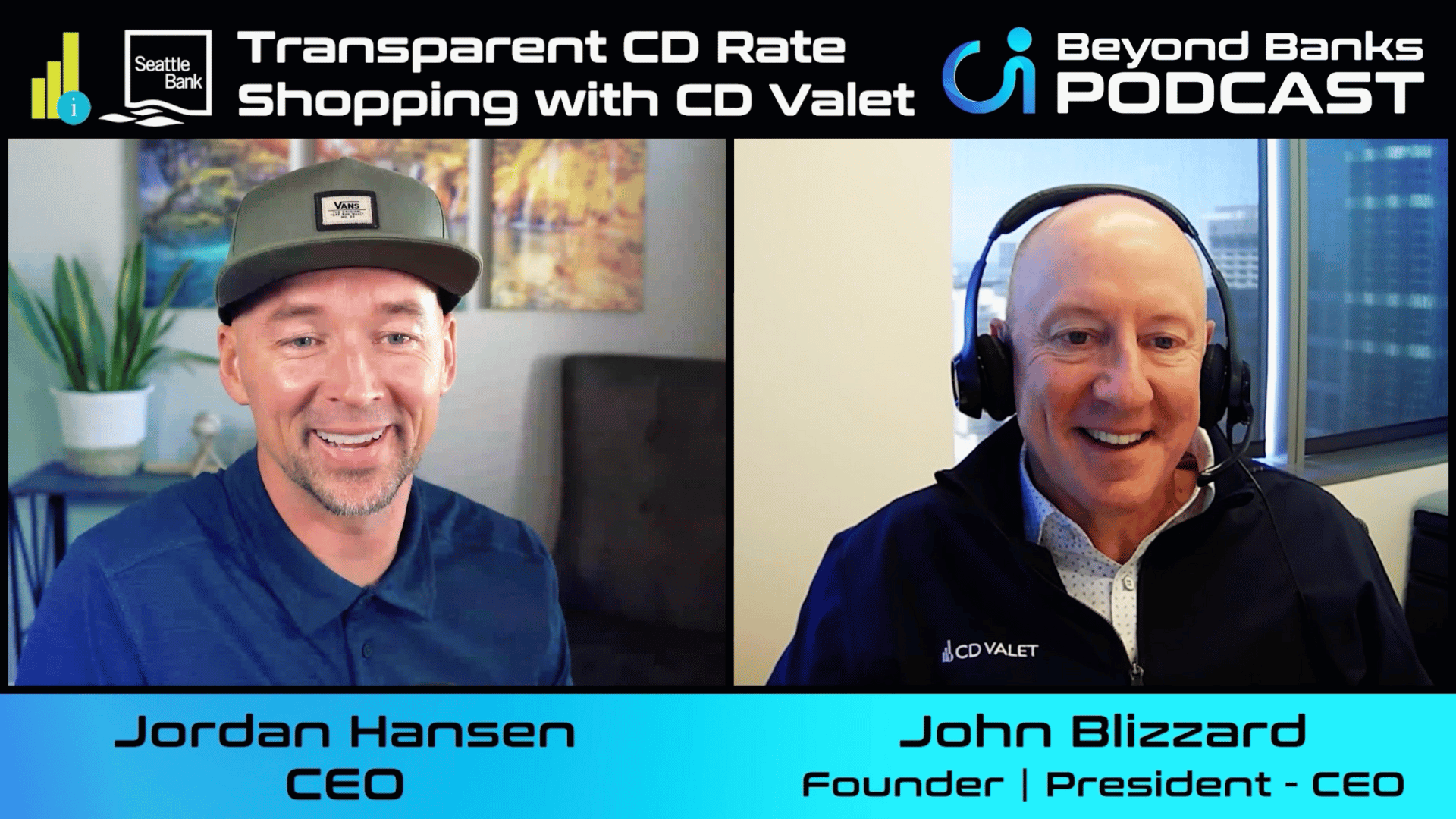


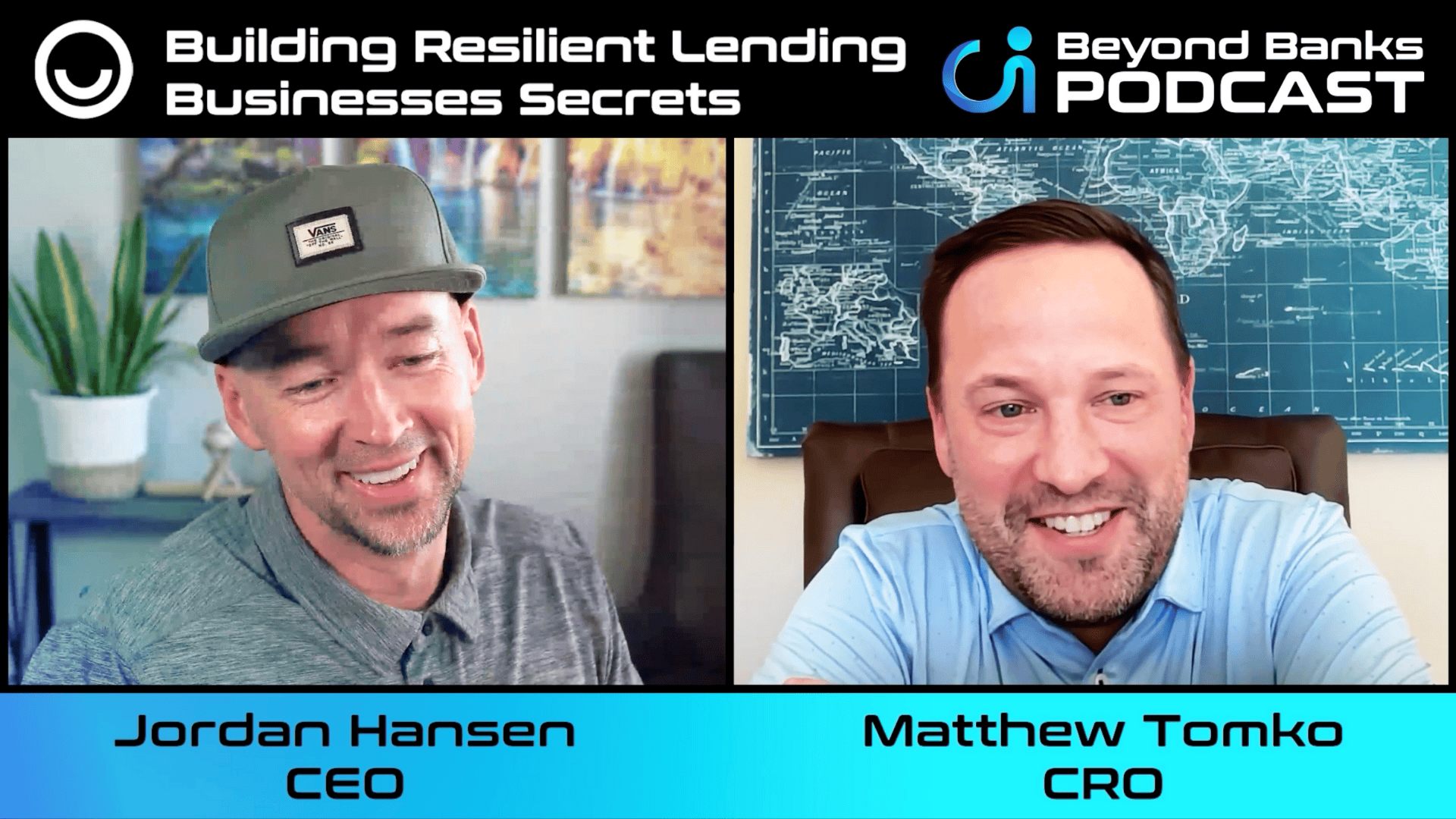

.png)
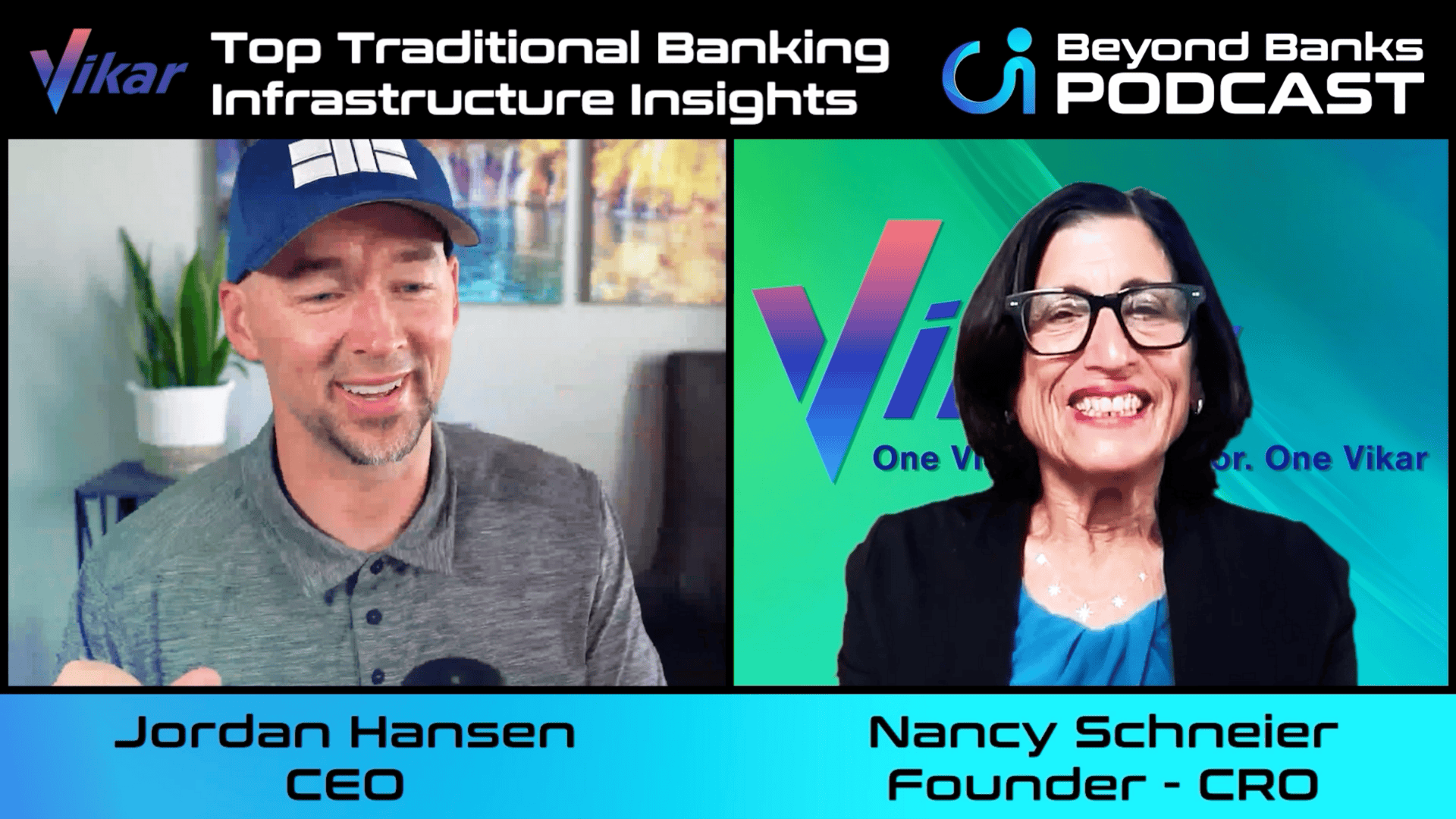
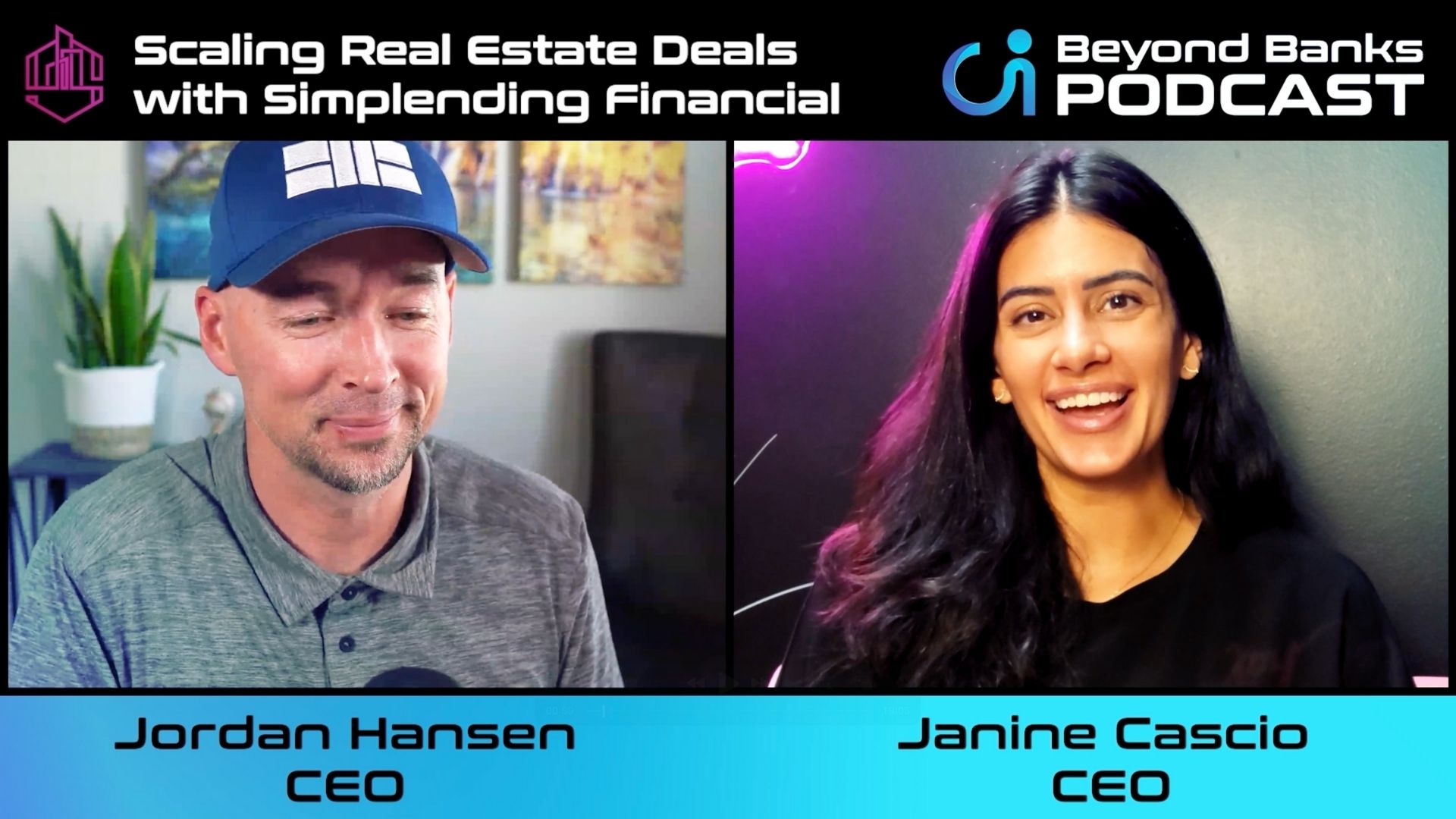
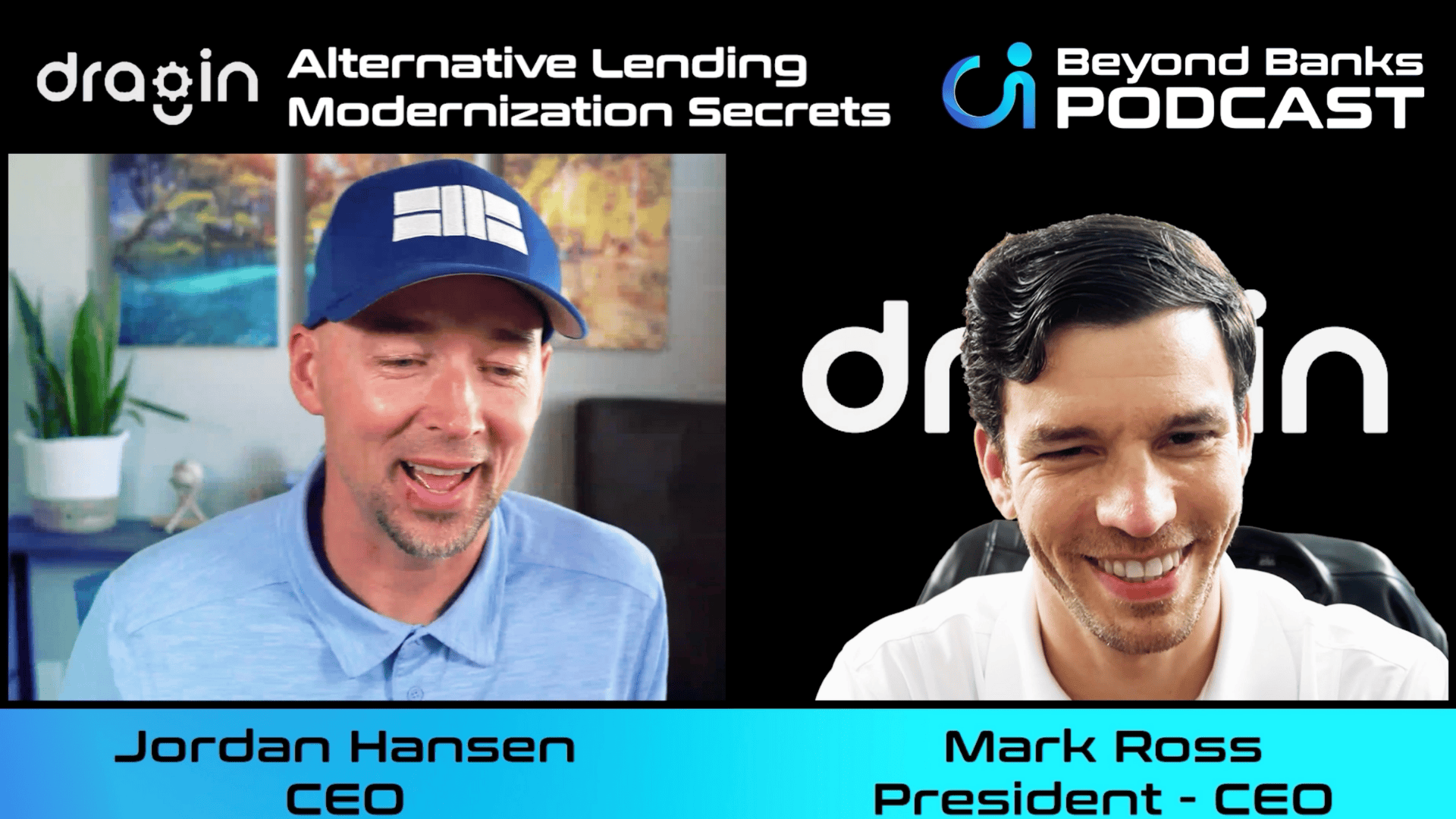
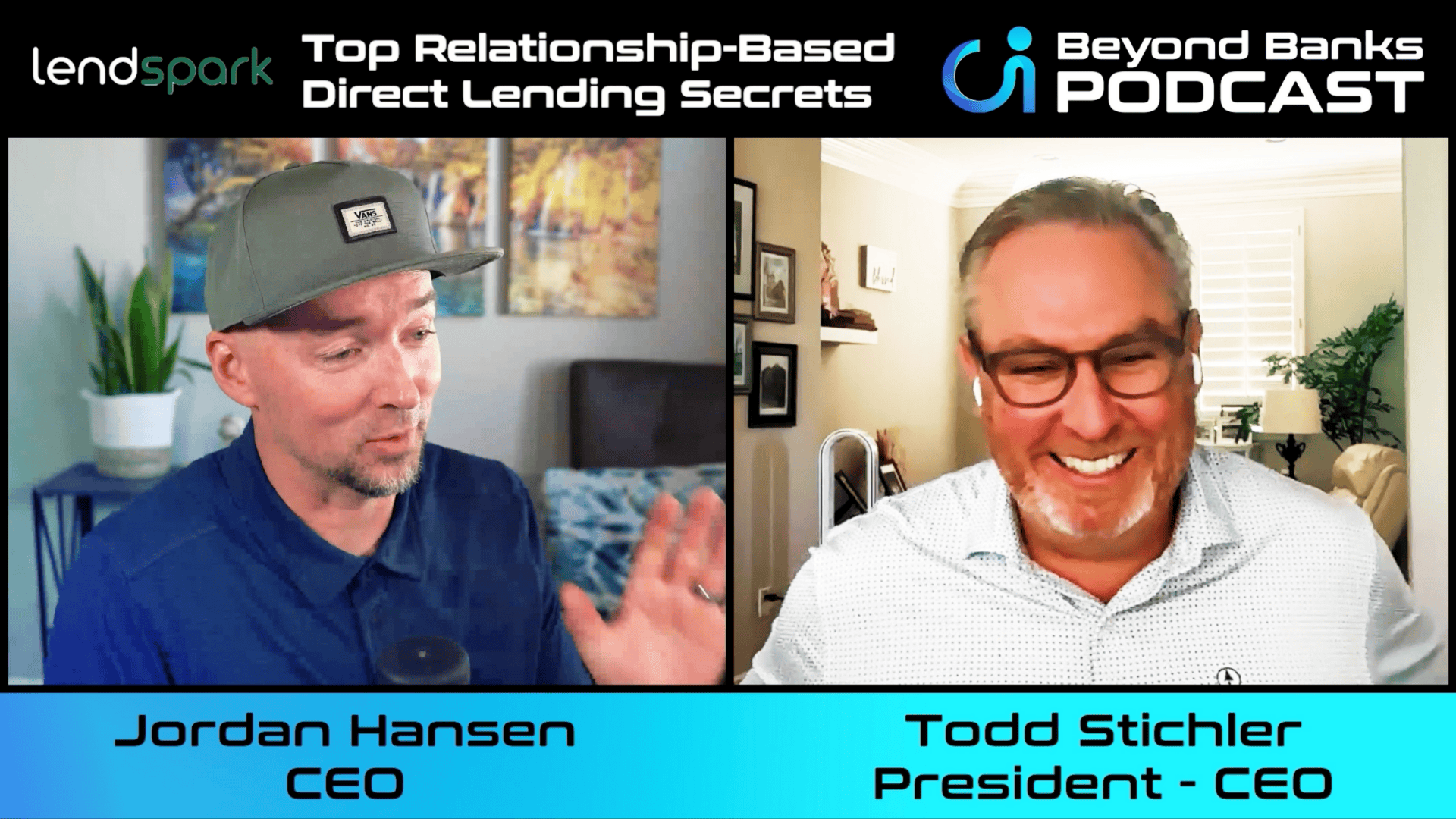
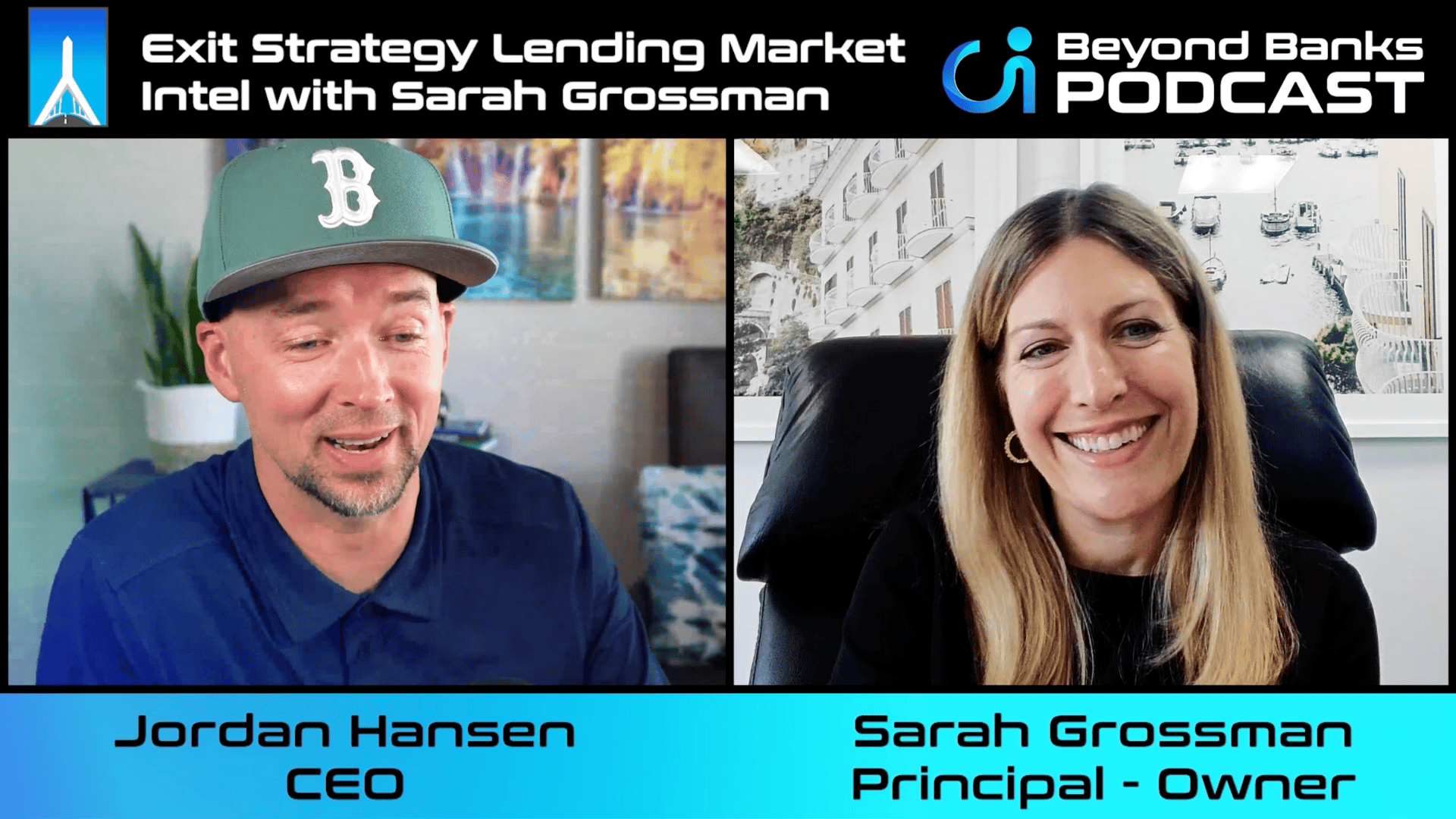
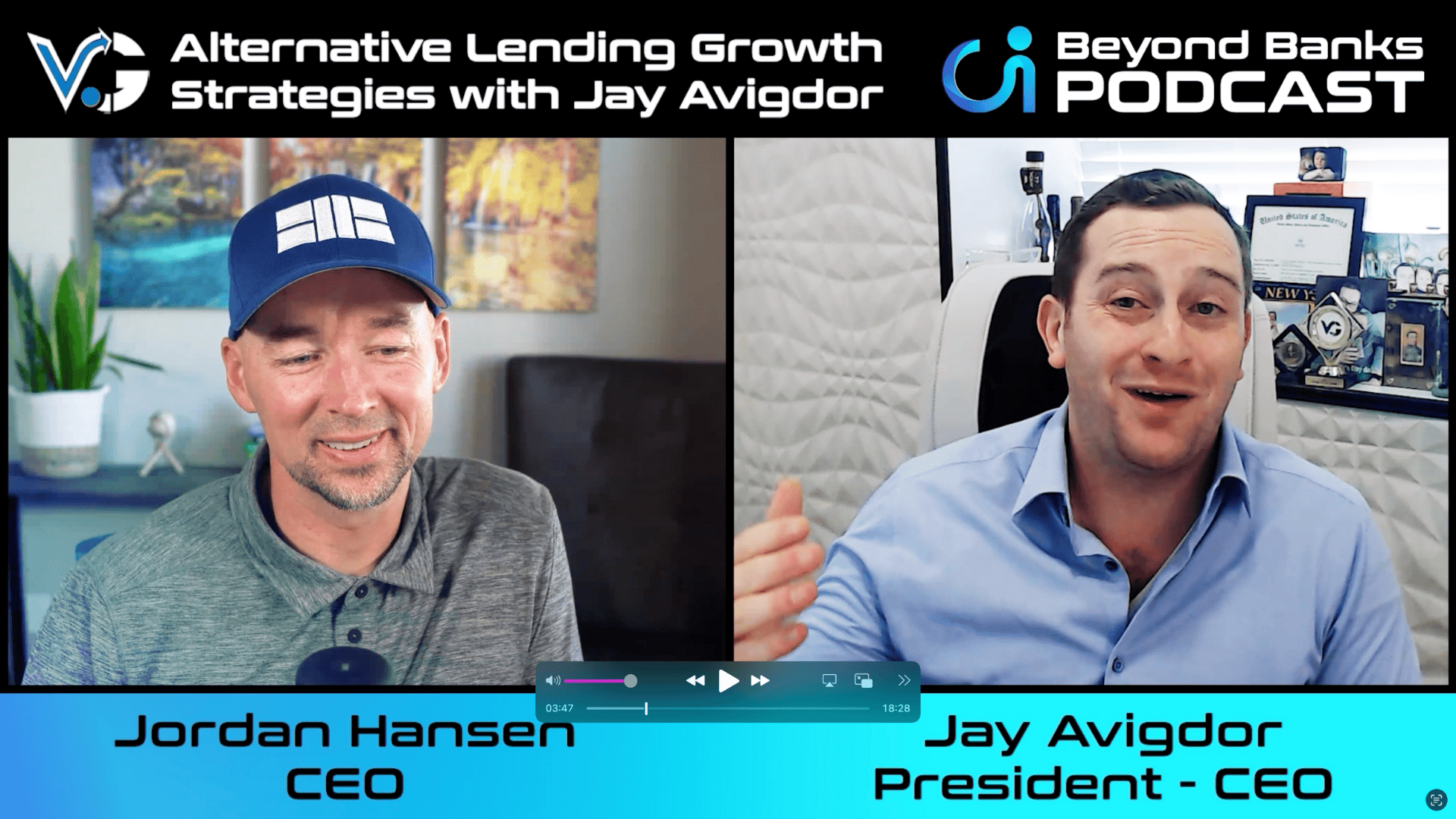
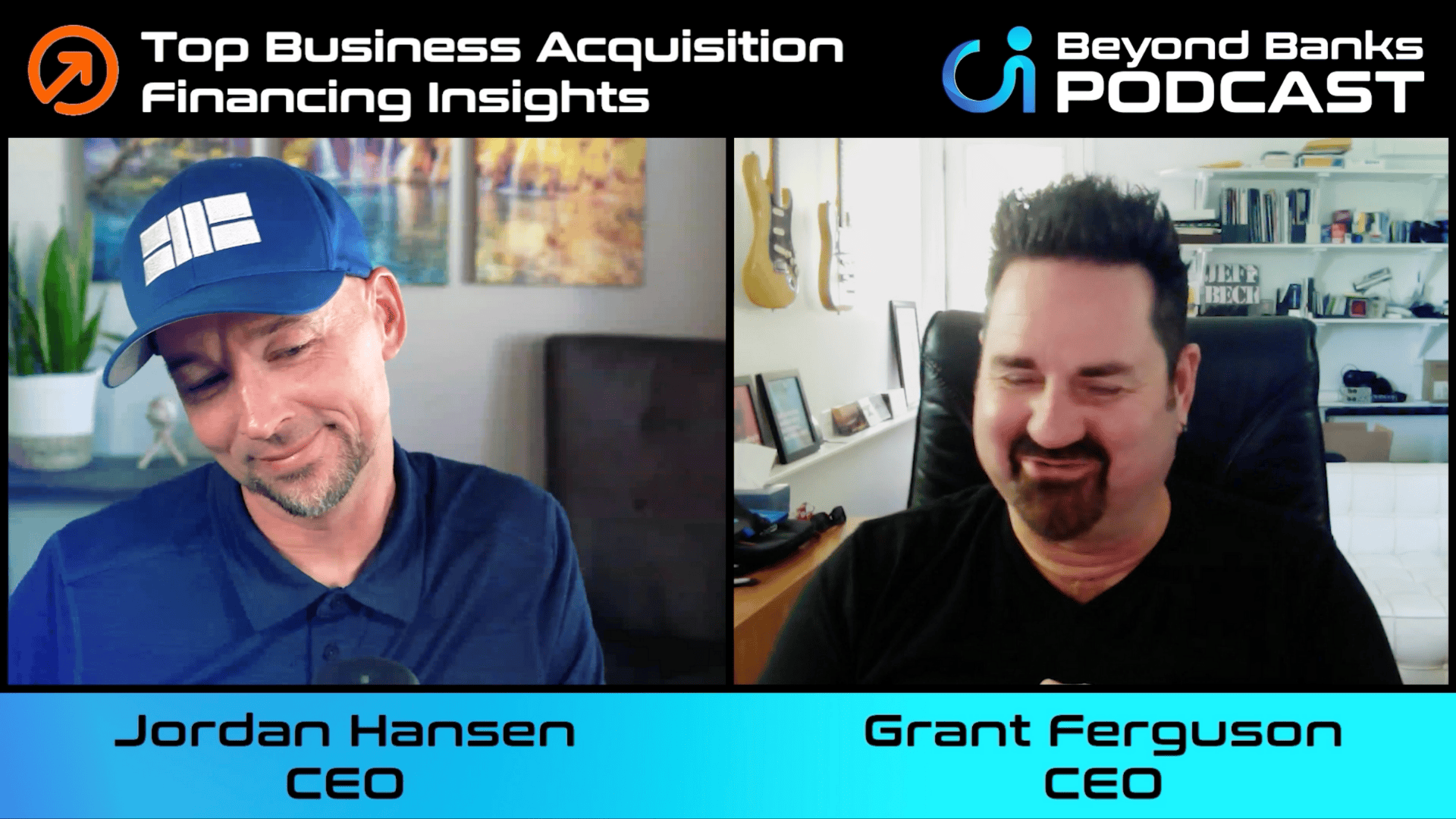
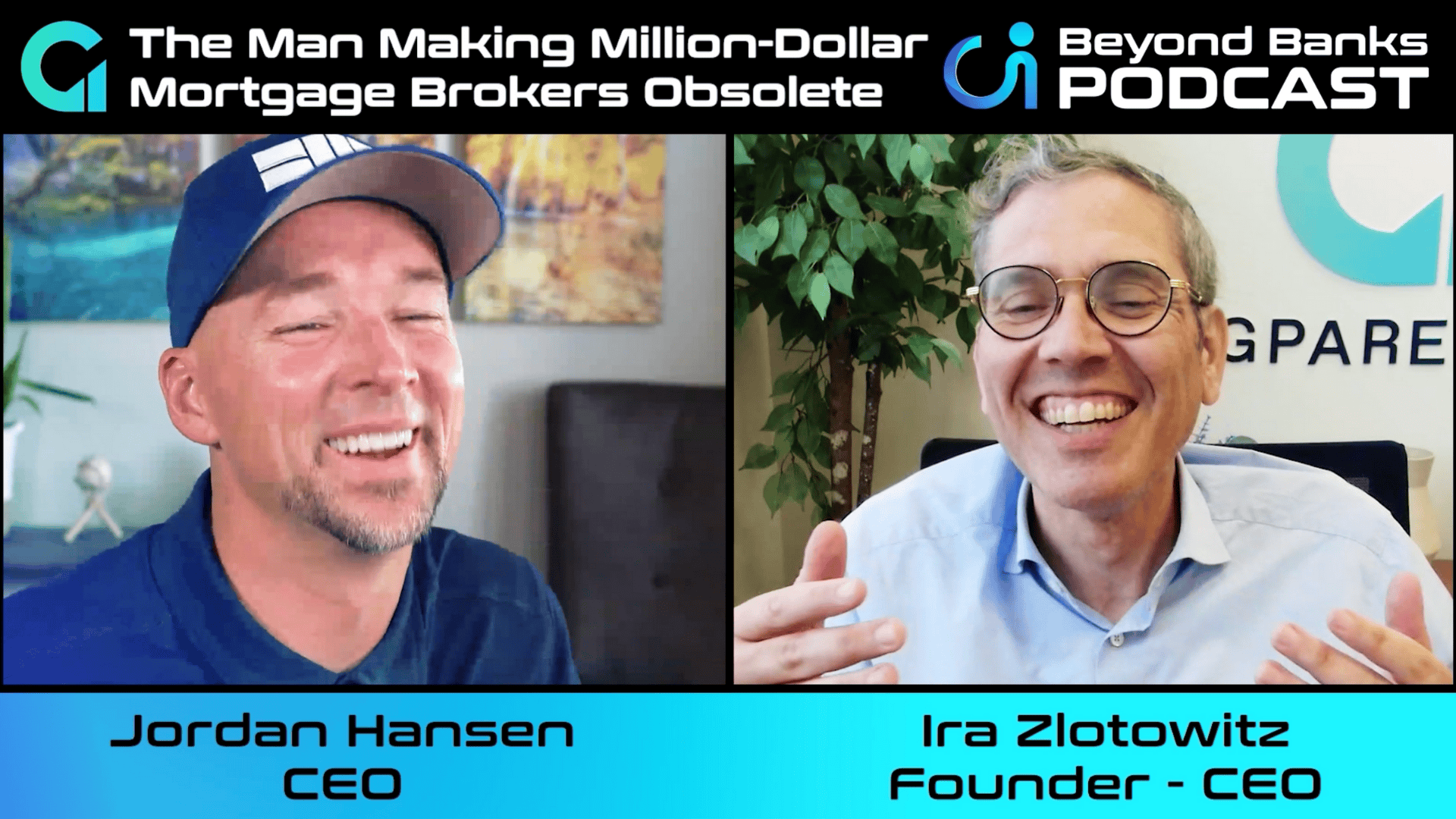
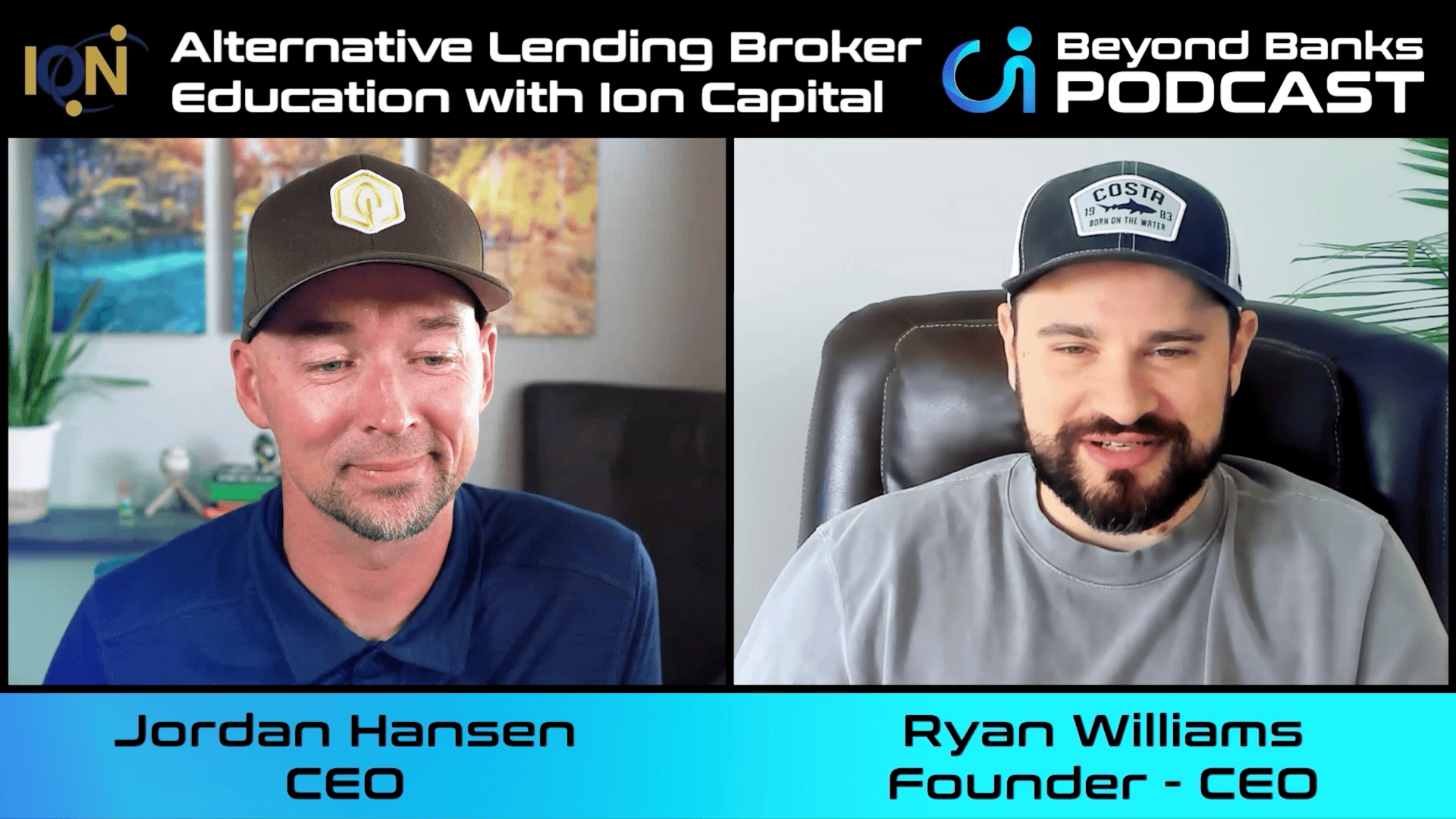
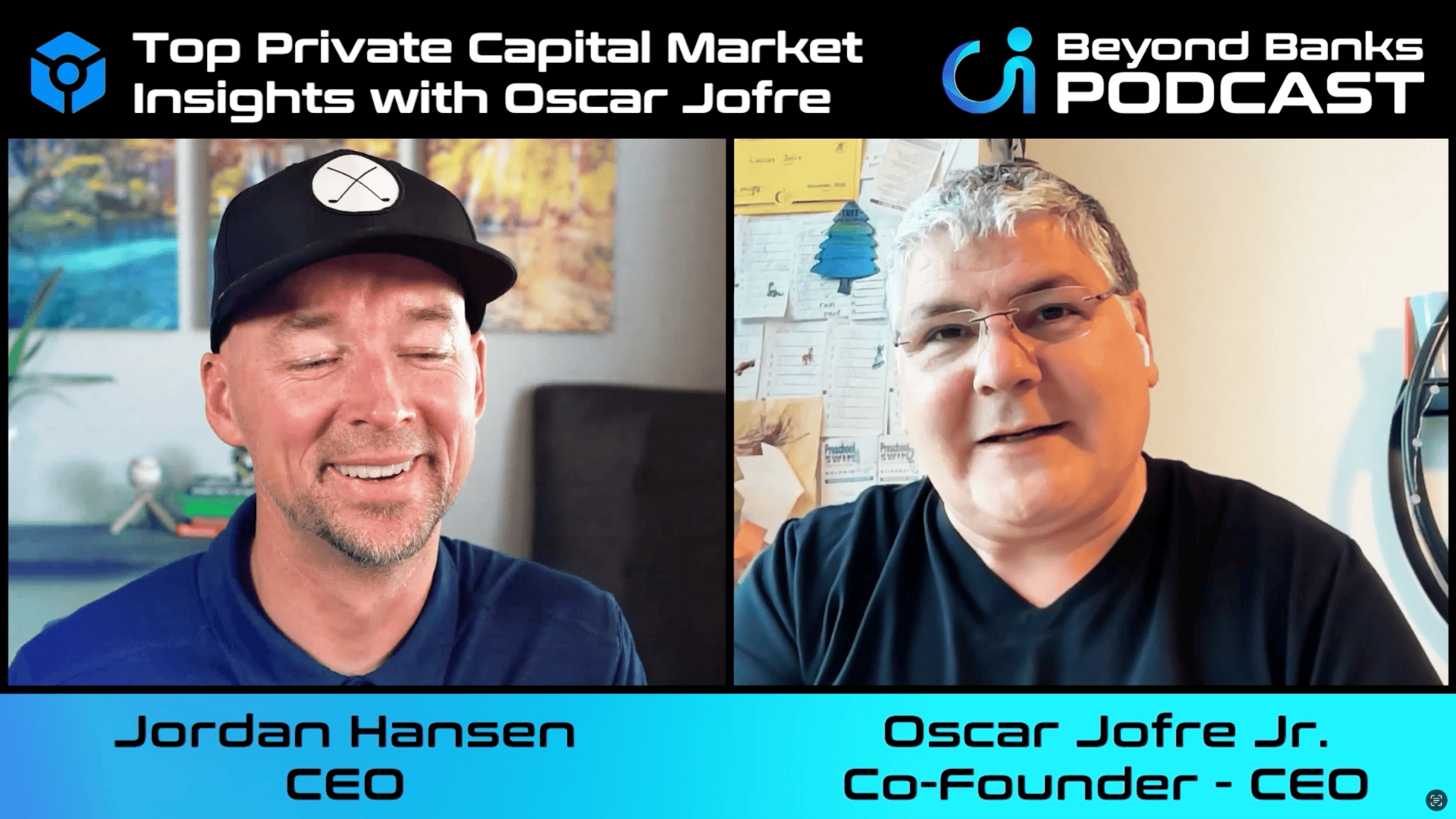

















.png)